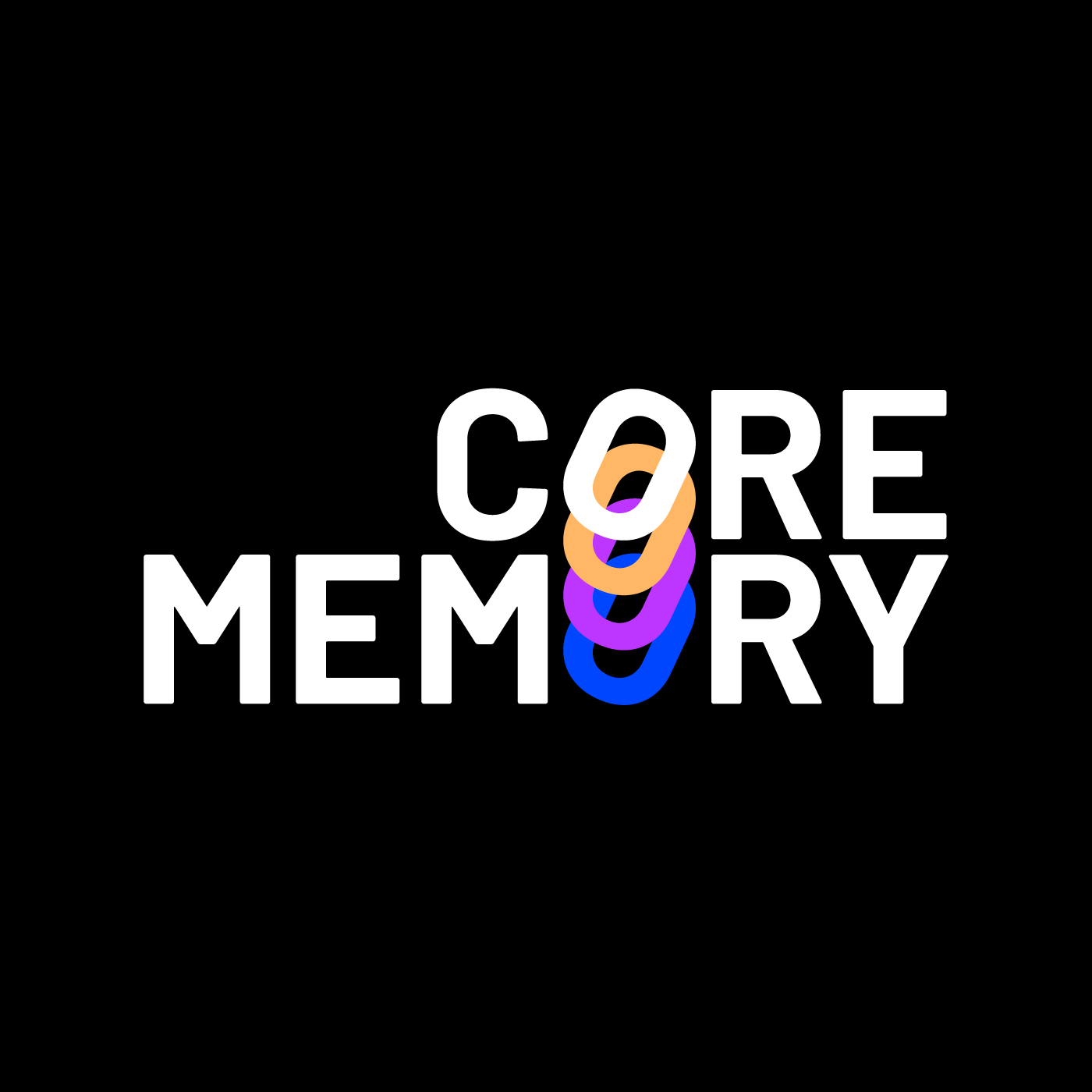Today's Top Episodes
Viewing Podcast: Podcast
AI
Arts
Business
Crypto
Finance
Health
History
Interviews
Investing
Macro
Misc
News
Politics
Product
Programming
Science
Social
Startups
Technology
VC

960: Reacting to the Weird + Creative Corners of the Web
Duration: 00:27:33
December 3, 2025
- Strudel and Hydra empower audio-visual creation through code, enabling users to generate music and video in real-time by writing and modifying code.
- p5.js and shader toy offer accessible yet powerful tools for visual art and animation, with p5.js catering to a broad community for creating shapes and animations, and shader toy showcasing complex visual effects generated with minimal code that operates on every pixel simultaneously.
- Projection mapping software like MadMapper and visual programming environments like TouchDesigner enable dynamic and interactive installations, allowing artists to project visuals onto any surface and create complex real-time multimedia experiences.
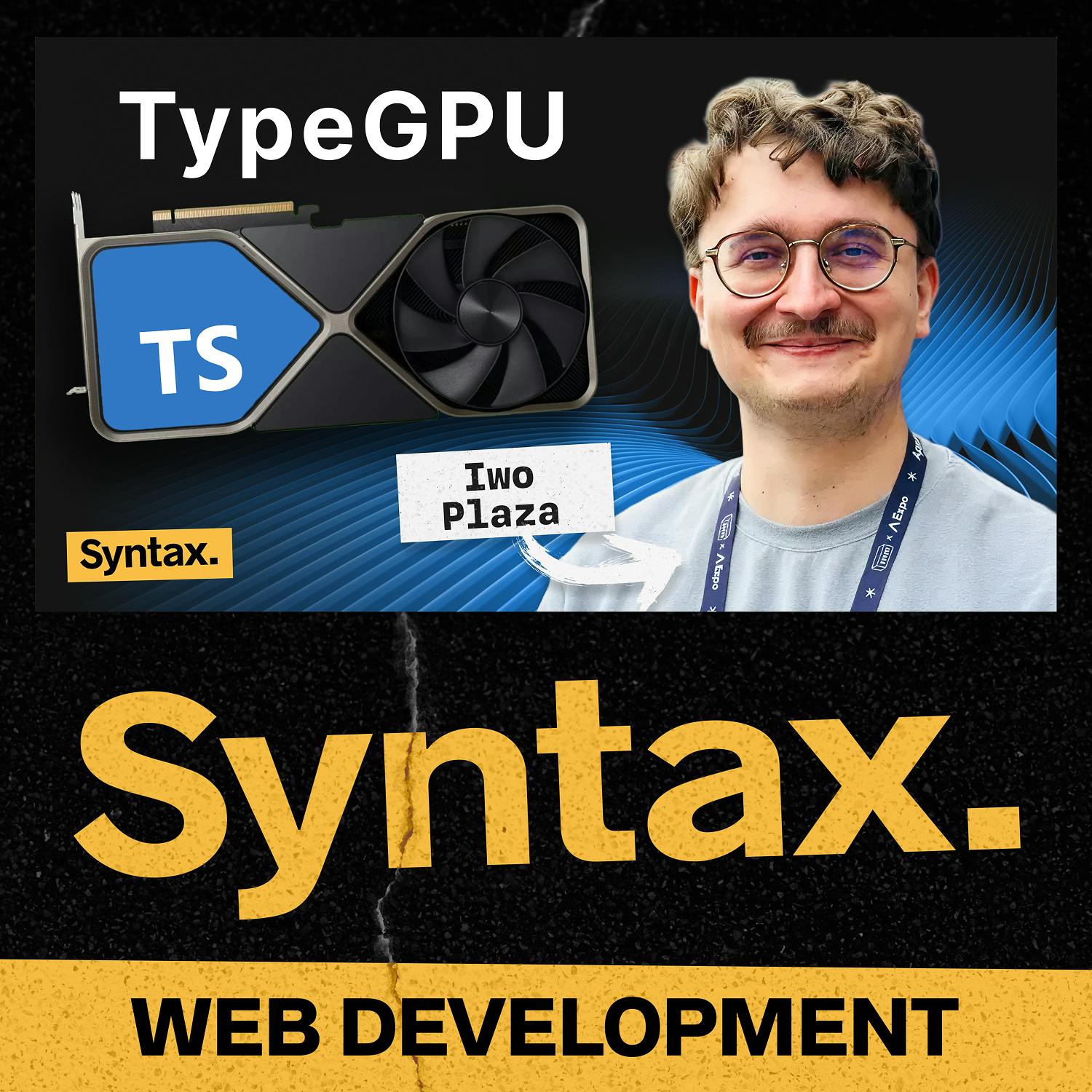
959: TypeScript on the GPU with TypeGPU creator Iwo Plaza
Duration: 00:25:36
December 1, 2025
- TypeGPU simplifies WebGPU development by allowing developers to write shaders in JavaScript and offering a TypeScript developer experience with low-level GPU access.
- The library uses Zod-like schemas to serialize and deserialize data between JavaScript objects and the GPU, acting as a translation layer similar to TRPC for server-to-client communication.
- TypeGPU is designed to complement, not replace, existing 3D libraries like Three.js, offering a foundation for specialized graphics programming and potential integration with other frameworks for enhanced functionality.

958: 2025 Holiday Gift Guide
Duration: 01:05:29
November 26, 2025
- The podcast features a gift guide with recommendations spanning tech, kitchenware, and personal care items, aiming to help listeners find presents for themselves or others.
- Notable tech recommendations include a 3D printer, a high-quality multi-tool, and a versatile Anker 4-port charger.
- Various home goods and lifestyle products were discussed, such as a unique dog leash, a DIY magic mirror setup, and energy-efficient home automation devices.

957: CSS: Advanced and Obscure
Duration: 00:37:50
November 24, 2025
- The discussion explored obscure CSS functions like
superellipse,XYWH,ray, andcrossfade, alongside less common properties like CSS namespaces andprint-color-adjust. - The podcast highlighted 10 CSS filter functions, including
blur,brightness,contrast,drop-shadow,grayscale,hue-rotate,invert,opacity,saturate, andsepia, demonstrating their practical applications. - A significant portion of the conversation focused on "stumped" CSS questions, covering advanced topics like CSS functions (with a surprising total of 108), scroll snap types, and the functionality and use cases of
@property.
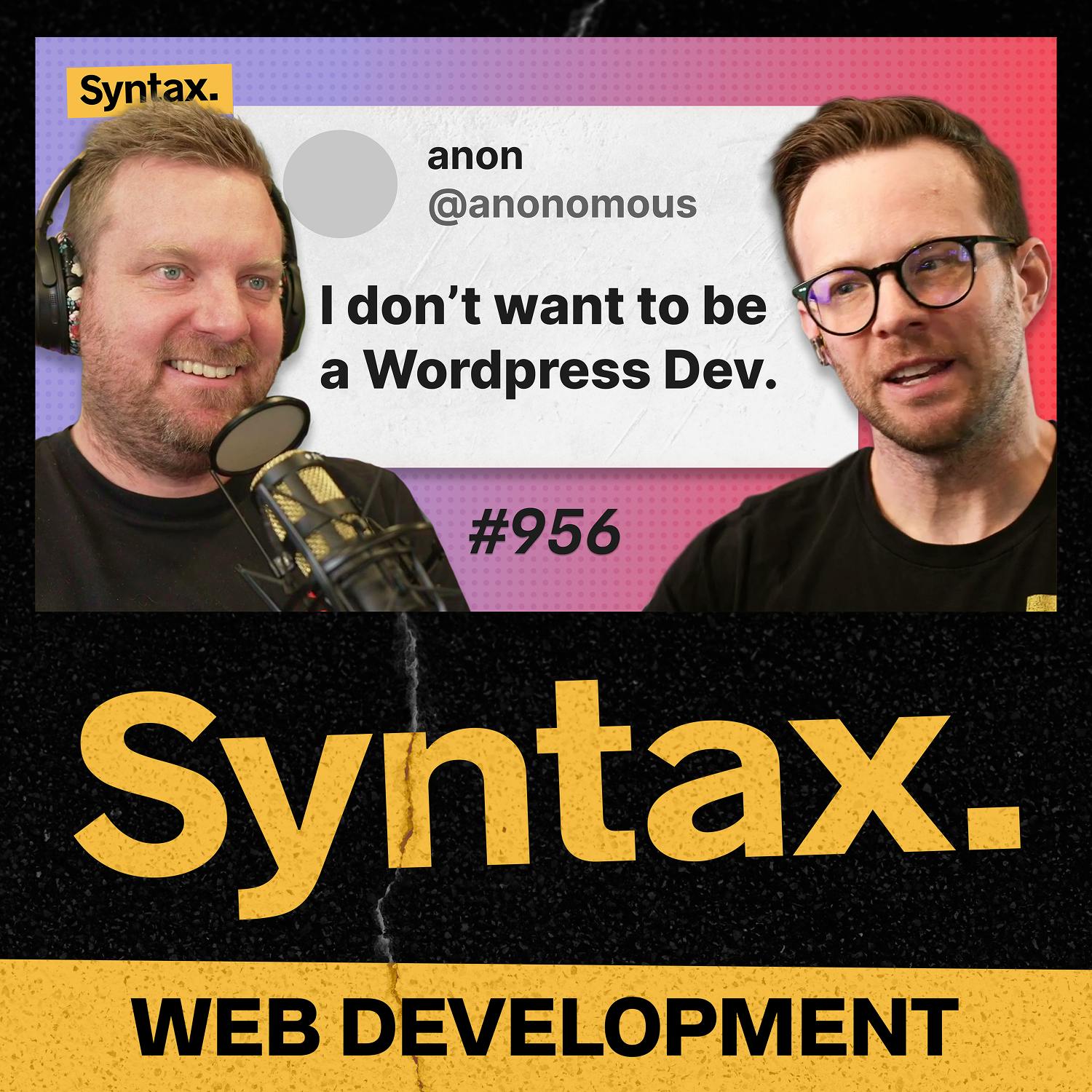
956: Should I Keep Using WordPress?
Duration: 00:50:10
November 19, 2025
- The "gravy train" for software developers, characterized by high salaries and easy job acquisition, is officially over, and the industry is experiencing significant shifts due to factors like AI and global economics.
- The role of a pure front-end developer is evolving, with a greater expectation for broader full-stack capabilities, though specialized front-end roles still exist for those with deep framework expertise.
- The value of paid SSL certificates diminishes as free options like Let's Encrypt become standard, with the primary benefit of paid certificates now being organizational certification, which is rarely emphasized to users.

955: SvelteKit has solved data loading
Duration: 00:36:16
November 17, 2025
- Svelte's remote functions offer a streamlined approach to data loading and mutations by allowing direct calling of server-side functions from client-side components, eliminating the need for explicit API routes.
- Remote functions integrate seamlessly with asynchronous components and standard validation schemas (like Zod, Valibot), providing excellent type safety and progressively enhanced HTML forms for mutations.
- The new Svelte remote functions, particularly form functions, simplify the creation of robust forms with client-side and server-side validation, reducing boilerplate code and improving developer experience.
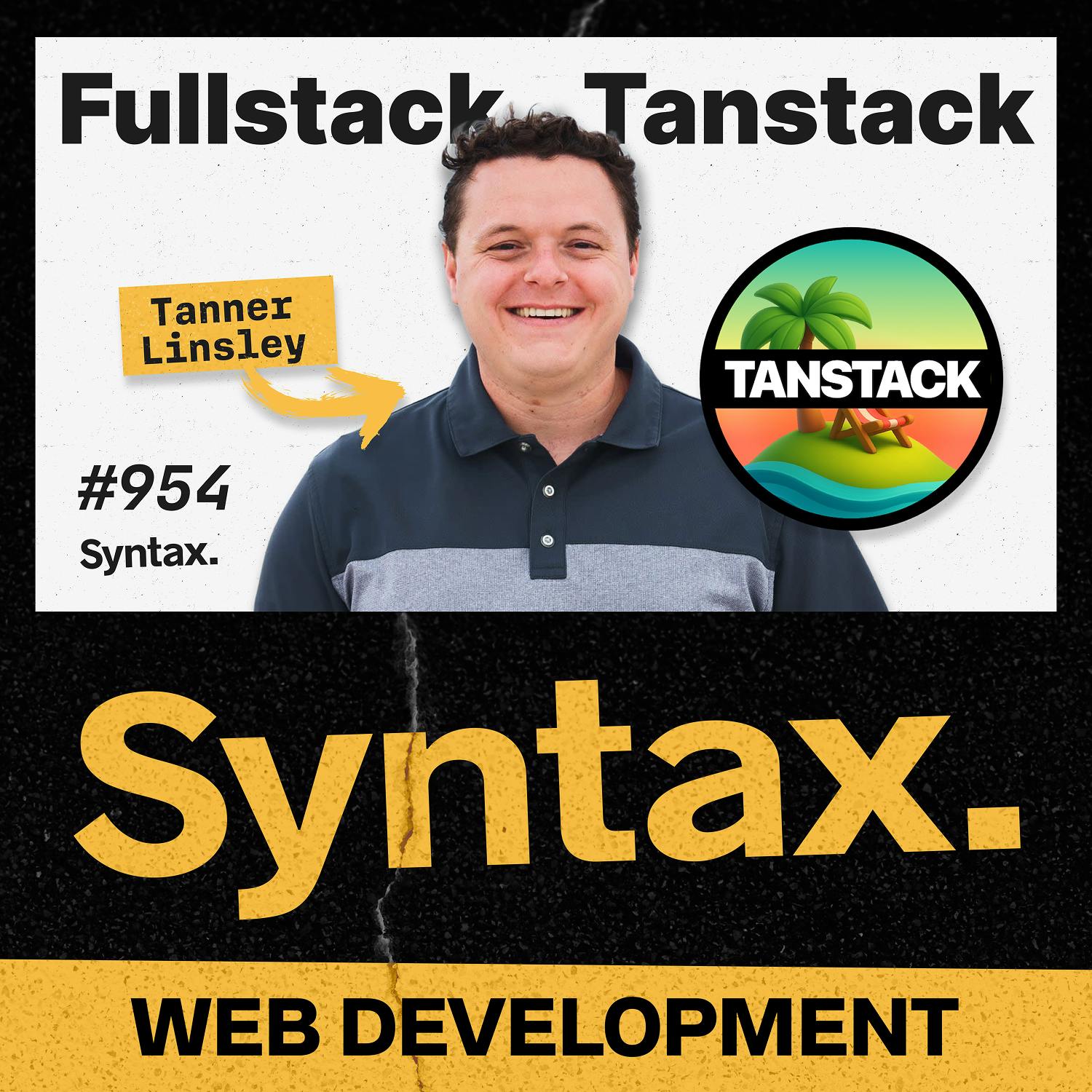
954: Fullstack TanStack! The Scoop with Tanner Linsley
Duration: 00:18:05
November 12, 2025
- Tanner Lindsley discusses Tanstack DB, a client-side sync engine with a query engine powered by differential data flow, allowing for fast, locally cached data that can be populated from various sources.
- The conversation touches on the perceived problem with "magic directives" in frameworks like Next.js, arguing for more type-safe and traceable alternatives like wrapper functions.
- Lindsley teases a new, unique implementation of server components that focuses on sending actual components back to the client for rendering, offering greater inversion of control and potentially reducing the need for
use clientdirectives.
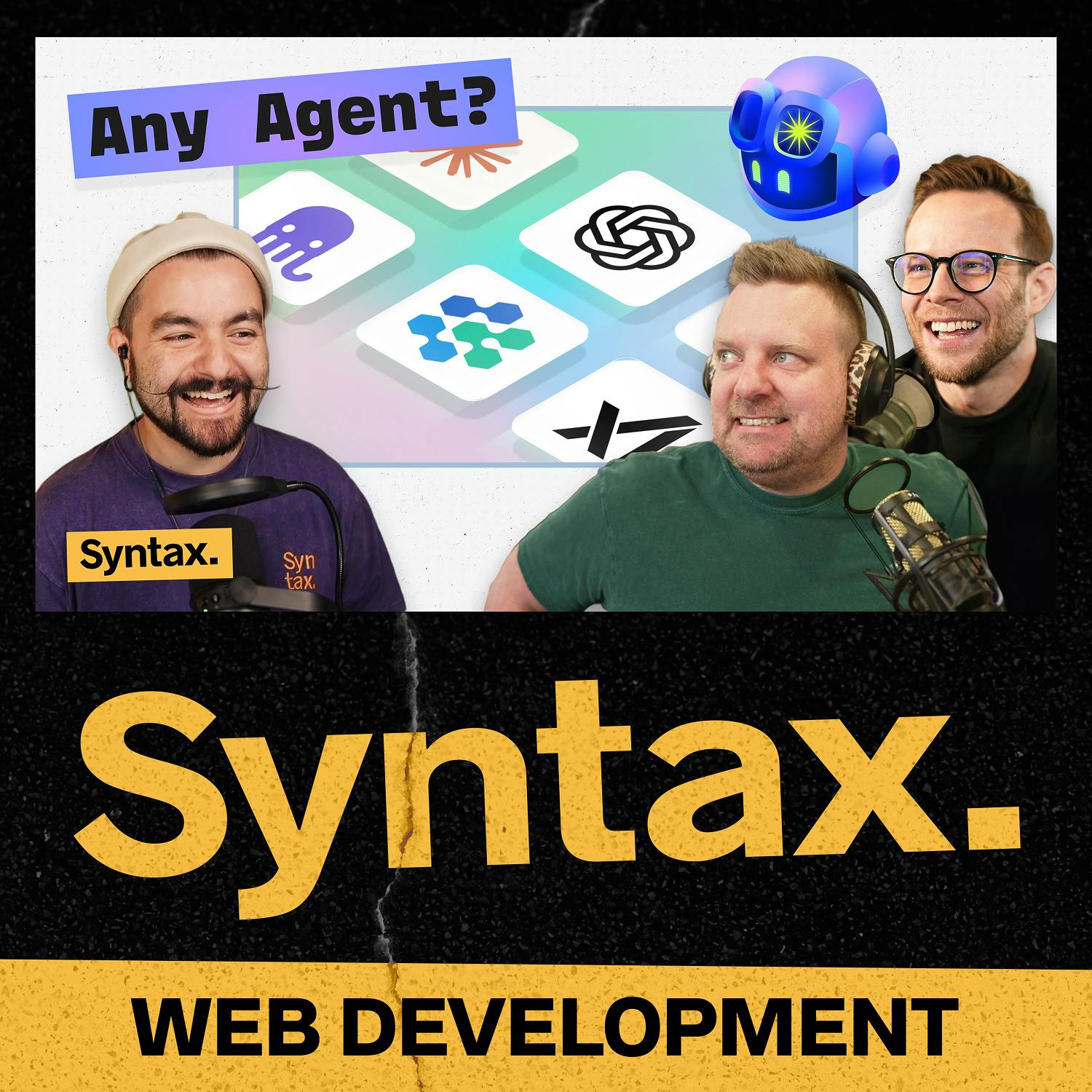
952: VS Code, GitHub & Copilot - UNIVERSE 25 Announcements + Reactions
Duration: 00:35:54
November 5, 2025
- GitHub Universe 2025 featured significant announcements regarding AI agents and their integration within GitHub, allowing for more organized and flexible task management and utilization of various AI models.
- The programmable conference badges with full-color displays, Wi-Fi capabilities, and MicroPython support were highlighted as a particularly innovative and engaging aspect of the event, encouraging user customization.
- Discussions revealed a shift in AI development focus from groundbreaking new models to integrating existing AI capabilities into practical developer workflows, emphasizing DX, enterprise management, and making AI use more deterministic and efficient.
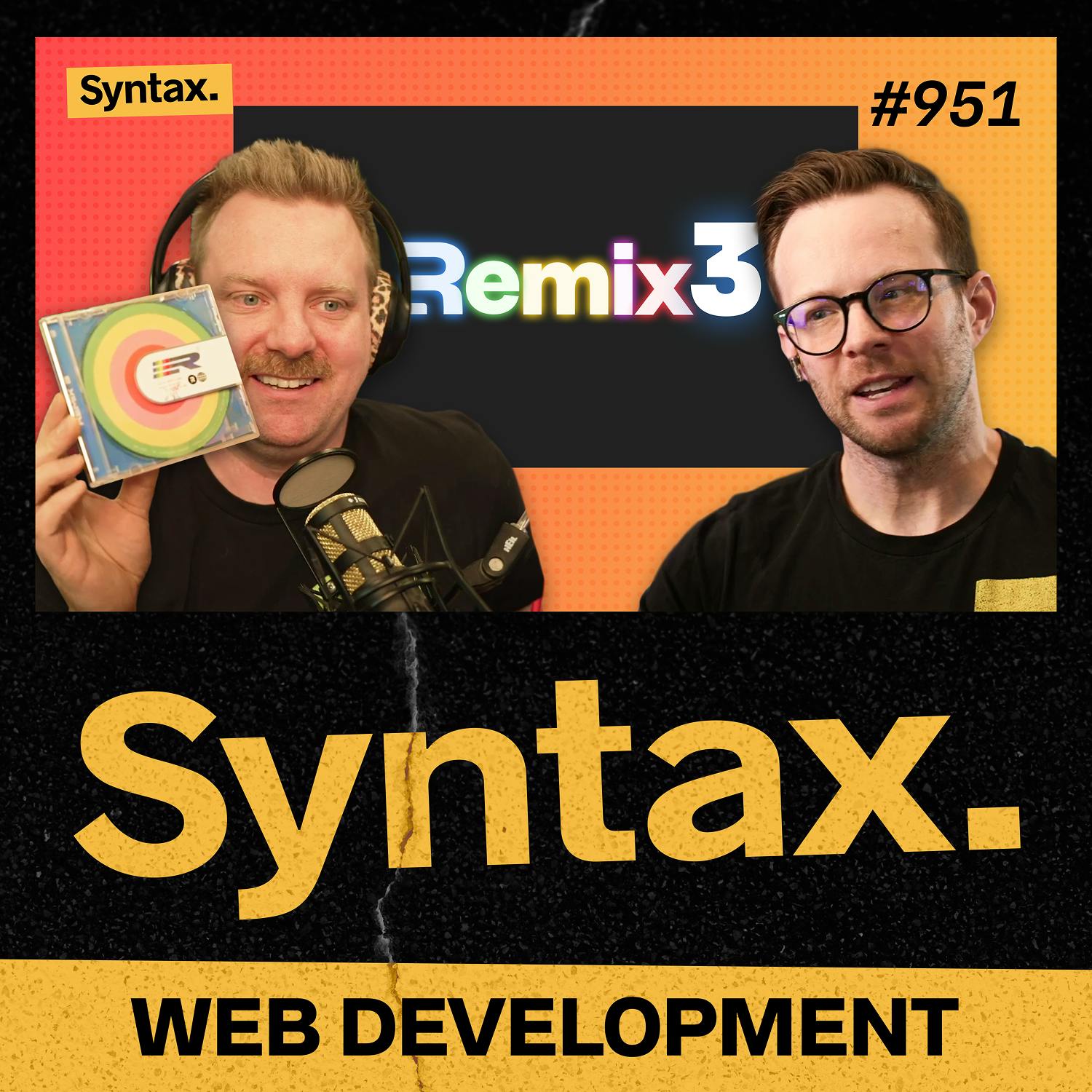
951: A first look at Remix 3
Duration: 00:47:41
November 3, 2025
- Remix 3 is a new full-stack framework built from the ground up that leverages web platform standards and native JavaScript features, moving away from its React origins.
- The framework emphasizes event-based architecture and uses native browser
EventTargetfor communication, allowing developers to build with custom events and dispatch payloads. - Component state management in Remix 3 does not rely on automatic reactivity, instead requiring explicit calls to re-render for updates, offering a different approach from many modern frameworks.
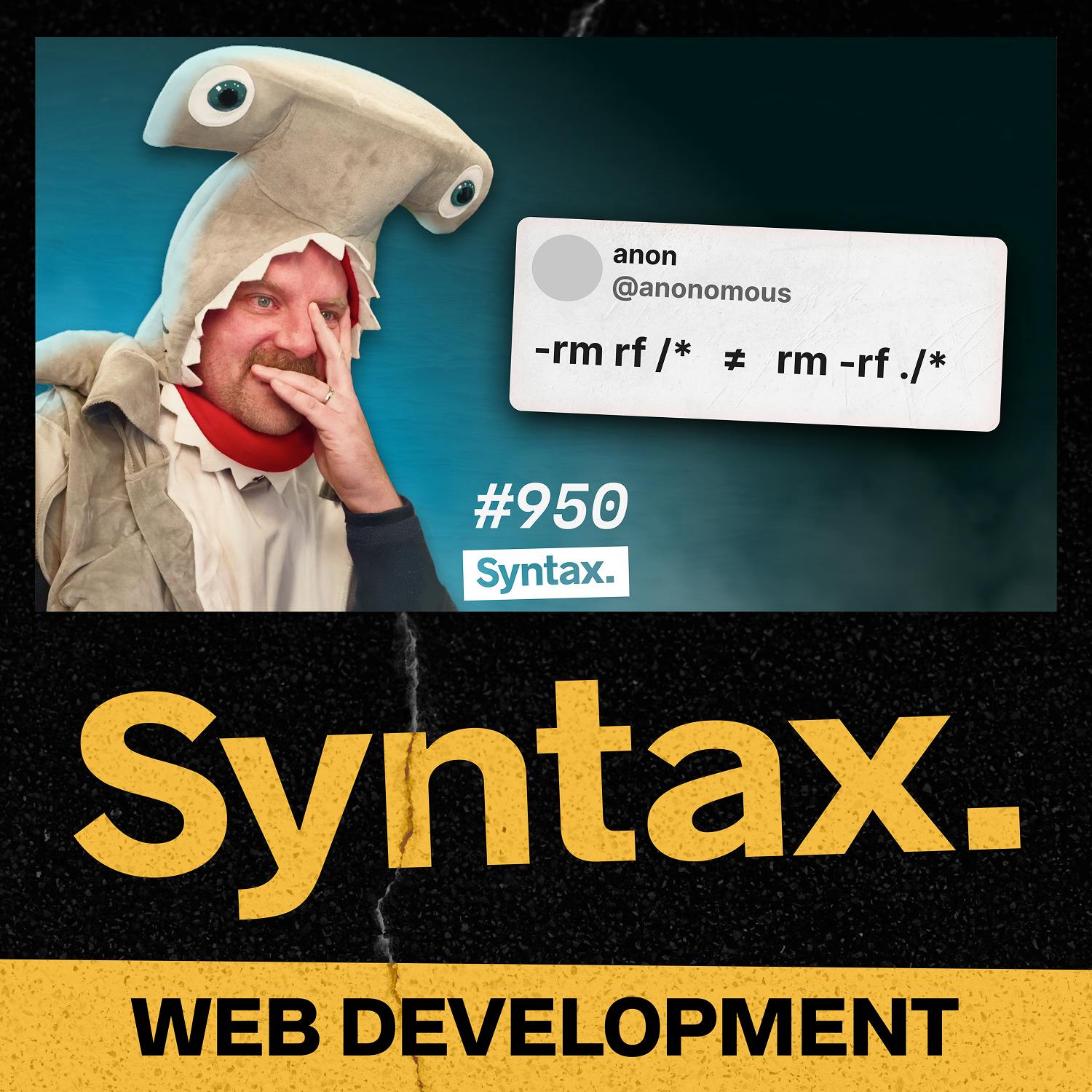
950: Even SCARIER Web Dev Nightmares (Spooky Stories Pt. 2)
Duration: 00:57:57
October 29, 2025
- A developer failed to "capture" payments for months, unintentionally leaving thousands of donations in a pending state.
- A blind SQL import on the NHL's website accidentally dropped all existing tables, losing a significant amount of content just before launch.
- An indentation error in Python code caused a video generation service to retry failed creations repeatedly, costing the company hundreds of thousands of dollars.
...




